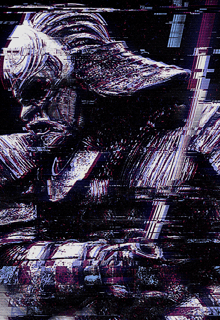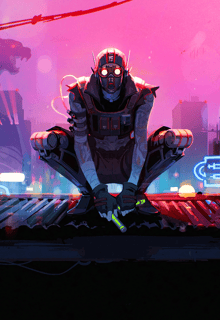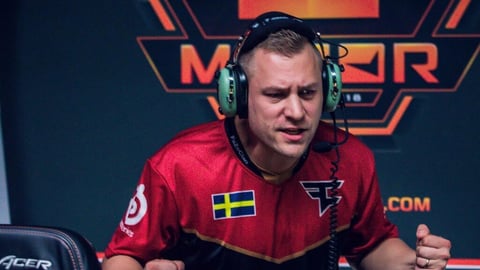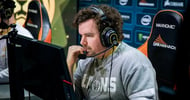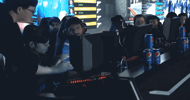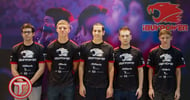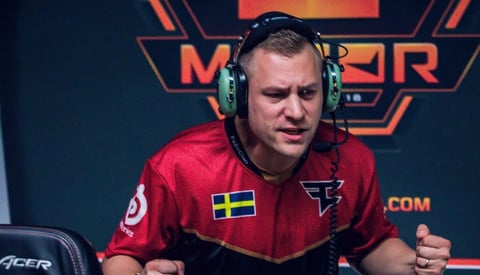
CS:GO is a highly competitive game on every level. That is especially true on the professional scene for obvious reasons. In a competitive amateur environment, only those who really, really, REALLY want it go pro. That can sometimes lead to breaking the set boundaries to gain a competitive advantage. This phenomenon we call cheating has been around since day one, obviously. It has caused problems before, obviously. But in September 2020, it caused a true, certified CS:GO scandal.
The CS:GO coaching bans rocked the calmly floating boat of the online era like an iceberg. The coronavirus situation somewhat numbed us to any other issues within the scene. A sweet state of oblivion. Until all of a sudden, dozens of CS:GO coaches, some of whom highly decorated and very well respected within their craft, were banned by the Esports Integrity Commission (ESIC) for violating the game's, well, integrity.
How and why this happened? Was it fair and/or beneficial to the professional CS:GO scene? Let's try and answer all of these questions in the following few paragraphs.
I am going to make a lot of Brazilian fans hate me even more with this tweet, but... take a look yourself.ECS Season 7 Week 2 against Complexity (abused it whole map). He was also bugged in a match day earlier (vs. LG) and decided to reconnect to get it fixed. FACEIT informed. pic.twitter.com/Ha35uROavI
— Michal Slowinski (@michau9_) September 2, 2020
The Cheating
Before we get to the punishment, we must first make ourselves familiar with the crime. The whole fiasco was born from a spectator bug within the CS:GO engine. It allowed the spectator to see parts of the map in real time, giving vital information on the enemy's movement. Obviously, such info should not be available to any team's coach. The freaky part is that this bug had been in the game for years before it was finally brought to the attention of the public this summer.
ESIC announces sanctions against 37 individuals in relation to the exploitation of the Spectator Bug. Only 20% of available data (99,650 demos) has been examined. ESIC to issue one final report at the end of October to close the investigation. pic.twitter.com/tyduJkVvxo
— ESIC (@ESIC_Official) September 28, 2020
The Bans
As more and more coach names were connected with the bug exploit, ESIC got on the case. No surprises there. We're sure there were a bunch of shocked faces once their final estimations became public, however. A total of 37 CS:GO coaches, some of whom true pillars of the profession, were handed bans spanning up to three years for their crimes.
- READ MORE: Zeus, s1mple Banned From Twitch… Again
Some of the ban victims took it on the chin while others appealed. The coach of CIS team forZe – Sergey "lmbt" Bezhanov, even succeeded in his appeal – the only such case thus far. The question on everyone's mind during all of this was, and still is – how did we come to it and are the coaches deserving of their punishment? Now that we have a basic understanding of the facts, we can delve into a discussion on that matter.
Well Im officially unbanned by @ESIC_Official with an immediate effect! So starting from next RMR Match Ill be able to be with my team again @forzegg It was super hard month for me and my team and obv I lost a lot of nerves, but now my name is clean and Im happy with that! pic.twitter.com/KHCAI5qdRY
— Sergey LMBT Bezhanov (@LMBT_CSGO) October 15, 2020
Does the Punishment Fit the Crime?
To clarify, not everyone received the same end of the same stick. Ban durations range from 3.5 months to three years and to be fair, only one coach - Aleksandr "zoneR" Bogatiryev, got more than two years. There are still plenty of dudes who've earned respect throughout their careers that got shut out for half a year or more and what's adding insult to injury – they've lost a lot of that hard-earned respect.
- READ MORE: Video Games Are Virtual, Stress Is Real
We believe that in most cases, that's not really fitting the scale of the crime. Cheating is one of the worst things you could do in esports and gaming in general and make no mistake, this is a form of cheating. Like so many of the accused have pointed out, however, if you really want to abuse that hole in the game, you would do it more than once in a meaningless online league game. Many of the cases are exactly that: one or two instances, usually in a low-tier match.
The funniest example of all is that of FURIA coach Nicholas "guerri" Nogueira, who was accused of exploiting the bug twice, with one of these instances coming in a defeat. While we accept that not every cheater wins every single game, it's hard to imagine a pro team losing a game where they supposedly know all of their opponents' positions. Guerri got four months for this.
The other argument against the severity of the bans is that all of this was caused by a bug in the game! A bug that multiple people have confirmed existed for years and that Valve did nothing to fix. For years! It's a miracle that every game did not turn into a stand-off of who can exploit CS:GO better. If Valve had watched over the game more meticulously, then this would not have been possible at all. Mind you, the bug had been reported dozens of times over the years.
Not saying ESIC should have patted the coaches on the back for cheating just a little bit instead of going all out, but this witch hunt does give off the vibe of an overkill. Some of the culprits might have gone a bit overboard, some probably deserve what's coming to them. What about those like lmbt? What about guerri? What about Robert "RobbaN" Dahlström, who claims he was stuck within the bug a couple of times, did not exploit it and reported it immediately, but still received a 5.5-month suspension?
The sheer amount and severity of the bans appear to be an attempt at a strong message against cheaters: "Don't do any of that doo doo to us or else!". What it's really done is make CS:GO and the pro scene specifically look bad, take a number of quality coaches out of business (many of those with heftier bans were released by their teams immediately) and cause unnecessary tension in times when we need the exact opposite.
The final ESIC report on the topic is expected to come out in the following days and give a conclusion to this saga. Based on ESIC's own words regarding that report, we don't expect them to push back on the initial decisions. The CS:GO coaching bans will likely remain exactly where they are now and we'll be left with a couple of punished cheaters, a bunch of punished non-cheaters and a much worse pro scene as a result.
Stay with EarlyGame for more quality CS:GO content. You can also check our YouTube channel for some videos if reading's not your main thing.


















